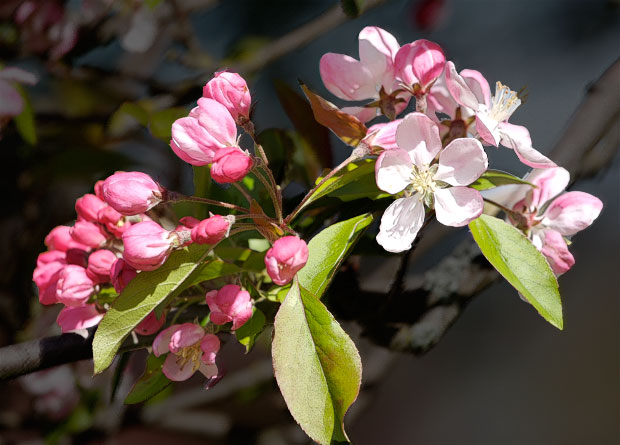I’ve finally finished all 747 pages of The Selected Poetry of Robinson Jeffers, edited by Tim Hunt. It’s been both a pleasure and a burden. Most of the pleasure has come from the considerable number of short poems that I like as much as nearly any poems I’ve read.
Hopefully, I’ve made it clear that I think his meditative, lyrical poems are as good as any written in the 20th century and that his ideas and my own are quite similar when it comes to man’s relationship to nature.
Unfortunately I really didn’t like a single long poem and wouldn’t recommend them, though strangely I found I liked each long poem I read a little better than the long poem that preceded it chronologically, at least right up to “The Double Axe.”
Unfortunately, each of the long poems seemed fatally flawed, perhaps because too often they focus on fatally-flawed characters, characters who represent the worst in human nature, not the tragically flawed characters of Greek Tragedy who are admirable but brought down by a fatal flaw.
I find it difficult to read a hundred page poem when I can’t identify with a single character. At times, Jeffers almost seems determined to justify his misanthropic view of mankind by exposing man’s sinful nature, while ignoring any redeeming qualities. It seems more than a little ironic that the most common sin in these poems is forbidden sex since he caused a major scandal when he ran off with a well-known lawyer’s wife while attending college.
This is not to say that reading the long poems won’t give a reader additional insight into Jeffers’ philosophy. There are even delightful passages that sometimes rival his shorter poems:
Here, for instance, is an excerpt from “The Double Axe” where the old man with the axe reflects on the nature of mankind:
There was in fact a more merciless
And more life-weary beauty in the vast landscape, the dark gray light, the one dull streak of sulphur for dawn,
Dark headlong slopes, the black-fanged rocks and high grinning snow-teeth, the long row of the snow-struck mountain-tops
High up in heaven. The old man looked up: “Am I also a renegade? I prefer God to man.
“But,” he said grimly, “Snapper, I have not tasted
Any cannibal feasts. It is the people-lovers and nation-leaders, the human-centered,
Have bloody chops’ He sighed and said, “In this pale light
All the little tricks are played out and finished. Retreat is no good, treachery no good, goodness no good.
But still remains the endless inhuman beauty of things; even of humanity and human history
The inhuman beauty; – and there is endurance, endurance, death’s nobler cousin. Endurance’
It’s undeniable that most of the “people-lovers and nation-leaders” in recent American history have “bloody chops.” For a nation of “Christians” they seem determined to impose our will on the world, no matter what it might cost us.
You can certainly find clear statements of Jeffers’ attitude towards mankind:
He looked up and down
At the cold peaks lining the lonely sky, and that opaque gray monster the ocean, incessantly
Gnawing his rocks. “Is it not enough? I see that the world is very beautiful, great and – in earnest,
It bred man and surrounds him and will reabsorb him: what more do I want? – It bred’ he answered himself,
Louse too: noble and ignoble, the eagle and her lice. What more I want is a little nobility in man
To match the world’s.” He looked again at the great landscape and laughed.
I am asking something.
The old man could almost be summarizing Jeffers’ philosophy in this passage:
Oh future children:
Cruelty is dirt and ignorance, a muddy peasant
Beating his horse. Ambition and power-lust
Are for adolescents and defective persons. Moderate kindness
Is oil on a crying wheel: use it. Mutual help
Is necessary: use it when it is necessary.
And as to love: make love when need drives.
And as to love: love God. He is rock, earth and water, and the beasts and
stars; and the night that contains them.
And as to love: whoever loves or hates man is fooled in a mirror.” He
grinned and said:
“From experience I speak. But truly, if you love man, swallow him in
wine; love man in God.
Man and nothing but man is a sorry mouthful.”
It’s a reasonable philosophy, and I would agree with the best way to love God, but he seems overly pessimistic about mankind. Even in the worst of times, especially in the worst of times, I’ve found people much nobler than Jeffers would seem to allow. Kindness is more than just “oil on a crying wheel.”


